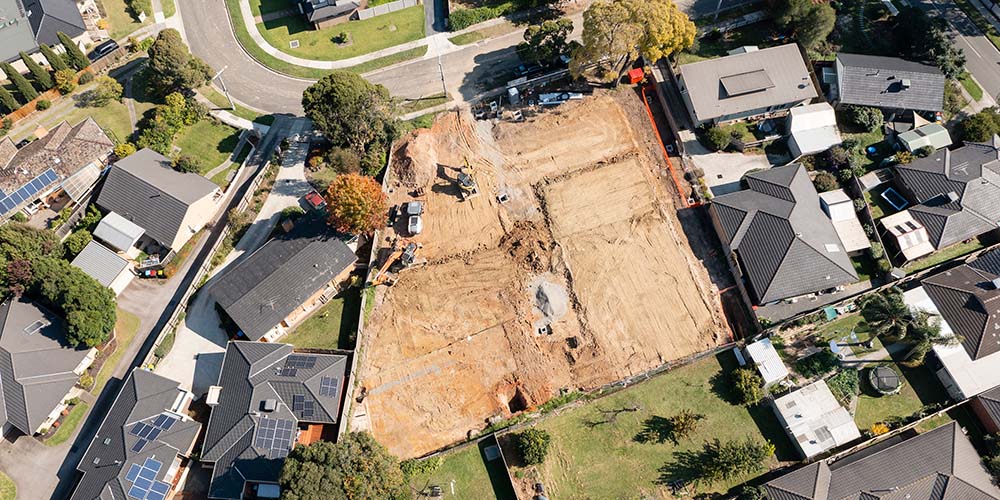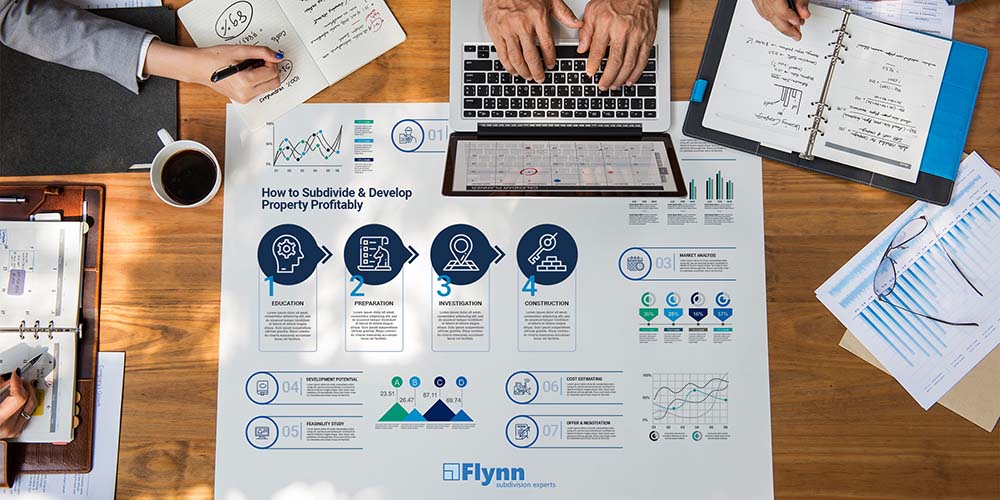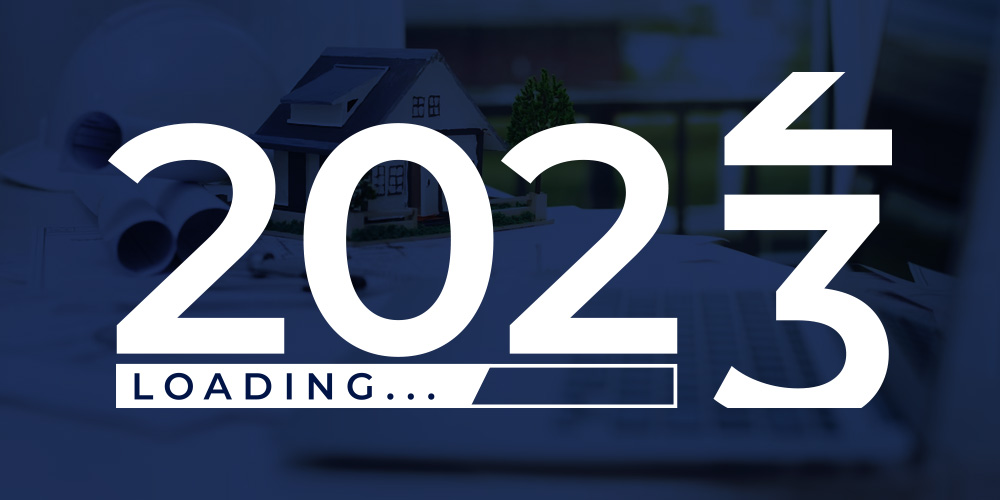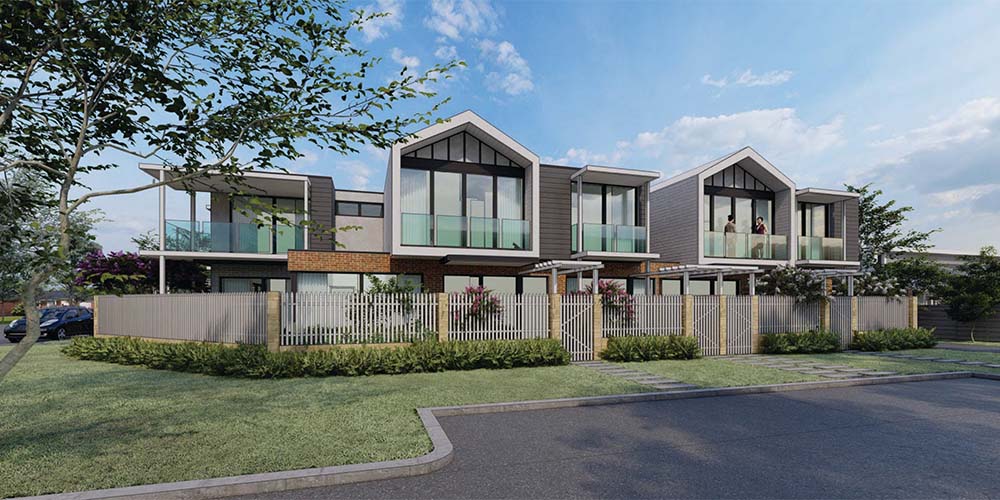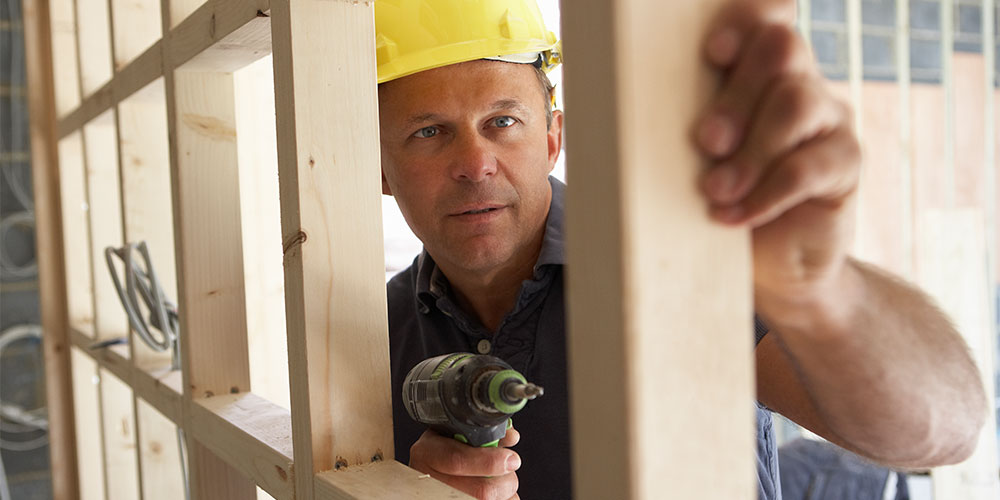
How to choose a builder for your property development.
Working out how to choose a builder for your property developments is a very important task in the process of bringing your project to fruition. Choosing the right type of builder to construct and deliver your project is pivotal to your success as a developer, because choosing the wrong builder can mean delays, cost blowouts, poor quality, or even worse, being left empty handed if the builder goes broke halfway through the build. The last scenario is every developers worst nightmare.
This article will discuss why building for developers is very different to building for homeowners, the importance of choosing a builder who is experienced in building for developers, and the qualities and skill sets you are looking for in a development builder for your development.
It is vital you pick the right builder – if you do, you will experience a synergy where project delivery becomes easy, exciting and certain.
Many people are lured by the offer of cheap build prices from large project home-builders, to execute their developments. Not all of these however have the skillets, expertise, supervision capabilities or motivation to deliver your project on tight time-frames to a strict budget and and uncompromising quality standard.
A cheap build contract doesn’t matter if at the back end the project has taken 20% longer than it should have to complete, cost tens of thousands in extras for variations and has a defect list for rectification as long as your arm. Time is money in development, as are variations, and compromises in quality. You can lose pre-sales, end sales value and pay lots of extras in interest and late fees to lenders. You wan tot work with builders who understand this and take this seriously when delivering your project.
To safeguard you interests and minimising the risk of compromising your projects time, cost and quality deliverables, use the following as a checklist of what to look out for and how to qualify the right builder for your property development project:
1. Paid Design Work Upfront.
If you haven’t done your designs independently (and there are a lot of merits to doing this; design ownership is discussed in our Infill Property Developer Guide-book), its advisable to work with a builder who charges you, transparently, for the design work.
Design is a service, not a marketing exercise.
Many large builders are now offering “free designs”as a marketing incentives up front, but if you think the design costs aren’t worked into the build cost later you can think again! Free designs aren’t a bonus, they are a profit engineering disaster! The problem in this instance is that the effort that goes into working out the best design solution in a paid scenario is often missing. Old designs are recycled, highest and best use is not sought. From a psychological standpoint when doing free designs, you have no “skin in the game”, the builder has no real commitment from you yet, and no reason to take you seriously.
If you take the builder seriously, they will take you seriously. The only thing you get for free in life is nothing.
2. Ability to Add Value and Find Cost Savings.
You want a builder who will work with you through the design process to find more efficient design and build solutions that effect cost and/or time savings, without compromising the quality, and then passes these savings onto you.
3. Understands the Economics of Development.
You want a builder who understands that sometimes less is more, because he understands the economics of development. For example, the builder should not push you to building two storey over single storey if the feasibility study shows that single storey is the better option.
You want a builder working to your bottom line as well as his. Because the builder should know if you make money, there is more work in the future.
4. Understands the Subdivision Process.
You would be surprised how many builders do not have a clue about the overall subdivision process and associated costs in Western Australia.
The DA and subdivision processes are separately administered by different authorities. This doesn’t mean they can’t be run concurrently, effecting overall project time efficiencies of up to 9 months. Some builders don’t know that. In fact, it is incredibly important to coordinate the two processes, firstly to effect a faster project completion (if finance allows), and secondly to manage design and cost change risks.
Builders who don’t know anything about the WAPC subdivision process will invariably provide very inaccurate (high or low) cost estimates of the subdivision component of the development (neither of which are any good to your feasibility studies or bottom line), or push you toward build strata because it is “easier”. The difference is you just traded off a higher end value (Survey Strata and Green Title will often value higher than Built Strata) simply because the builder doesn’t know about subdivision process and costs.
5. Cost Certainty and Transparency.
You want a builder who works with you towards a fixed price construction contract, with no variations (except in very limited circumstances).
All inclusions, exclusions, finishes and fit-out items should be clearly understood by both parties before signing so it is known what is being delivered to a set price.
Provisional sums and contingencies should be openly accounted for (not swallowed up to the final cent) and controlled with good supervision, for reasonable items such as excavation in rock or hard digging.
Your builder needs to be handing over a presentable, saleable time complete to lockup, ready for market.
6. Organisation and Supervision Skills.
Your builder should have the utmost commitment to organisation, time efficiency and workforce supervision.
Site supervision visits should be multiple times a week, and scheduling should be as tight as possible.
Bad weather should be the only cause for delays, not disorganisation and scheduling blunders.
7. Insured.
Your builder should have insurances for public liability, materials theft, and against insolvency. The last one particularly to ensure you are paid out to complete your build in the event of their bankruptcy.
Citing certificates of currency of these insurances is a must, and should be at the forefront of your mind when working out how to choose a builder for your project.
8. Financially Solvent.
Requesting a statement of financial solvency from the builders financial officer or accountant is not unreasonable, particularly if you are about to commit to a large or expensive project over long periods.
Nearly 600 builders have gone to the wall here over the last 10 years. To think there will not be a few more in coming years would be erroneous – new build commencements in Western Australia are a shadow of their former selves and will take a while to recover.
Building for developers requires commitment to finding cost efficiencies, exceptional project planning and scheduling skills, cash flow management and delivering quality end products on time and on budget. Not all builders have these skills. There are builders (few) that appreciate the long-term benefit of working with a developer; the ones that do however understand that if you make money from your development, you will likely use the same builder for repeat business, giving them 3-5 builds a year (or more) for the foreseeable future. Working out how to choose your builder for a development is a complex and difficult path to navigate.
If you are uncertain about how to choose a builder, or are worried about your project going wrong because of a bad builder, FLYNN Subdivision Experts will help you find the right builder. This is an essential part of our service offering. We work with a small, select number of builders with a proven track record servicing developers, many of them being developers themselves.
